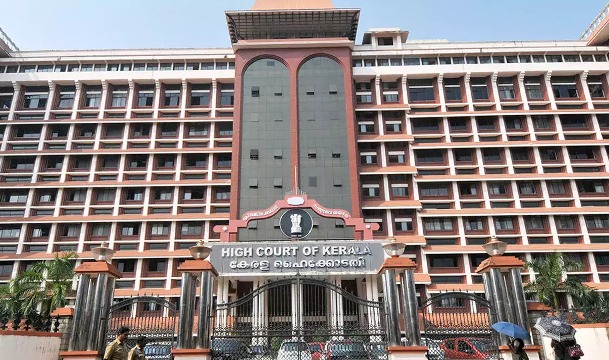
The Kerala High Court has recently held that every unmarried daughter regardless of religion, has the right to get reasonable marriage expenses from her father.
A division bench of Justice Anil K Narendran and Justice PG Ajithkumar opined that this right cannot be religiously interpreted.
“The right of an unmarried daughter to get reasonable expenses concerning her marriage from her father cannot have a religious shade. It is a right of every unmarried daughter irrespective of her religion. There cannot be a discriminatory exclusion from claiming such a right based on one’s religion,” the judgment stated.
The decision was passed on two petitions filed by two unmarried daughters of the respondent-father.
The petitioner-daughters had approached a family court seeking realisation of ₹45.92 lakh towards their marriage expenses as well as a decree imposing charge for the said amount on the estranged father’s schedule property.
They also sought a temporary restraining order to prevent their father from alienating the property, which they claimed was purchased with financial assistance from their mother and her family.
The family court ruled that because the petitioners were only entitled to the bare minimum of marriage expenses, an attachment for 7.5 lakh would suffice to protect their interests.
The petitioners challenged the family court’s order in the High Court, claiming that the parties’ marital status was not taken into account when deciding on 7.5 lakh as the amount needed to cover the expenses of both marriages.
They stated that both of them are pursuing higher education and that their father has not assisted them in any way with the expenses incurred.
Their father, on the other hand, maintained that the property and the building within it were completely his and that he was not obligated to pay any money to his daughters.
He also claimed that his daughters and their mothers are Pentacost Christians who do not believe in wearing ornaments. As a result, he contended, the expenses for gold ornaments typically incurred for marriages would not exist in the case of his daughters.
The main issue before the High Court was whether there was any legal provision allowing a Christian daughter to deduct marriage expenses from her father’s immovable property or profits from the property.
The bench noted that, in the case of a Hindu daughter, there is an enabling statutory provision in Section 3(b) of the Hindu Adoptions and Maintenance Act, 1956 that provides for payment of reasonable expenses of and incidental to an unmarried daughter’s marriage.
It was also noted that in Ismail v Fathima & Anr, the Kerala High Court considered whether a Muslim father has an obligation to pay expenses related to his daughter’s marriage. A division bench of the Court considered the question in its broadest sense and concluded that every father, regardless of religion, has such an obligation.
The Court then observed that, according to Section 39 of the Transfer of Property Act, when any person has a right to receive maintenance, advancement, or marriage from the profits of immovable property, that claim can be enforced against the person obliged’s immovable property.
The petitioner-daughters are thus entitled to a charge on their father’s immovable property, according to the Court.
However, the Court stated that once the property has been attached, there is no reason to seek equitable relief in the form of an injunction.
In terms of the amount of money required to meet expenses, the Court determined that an attachment to secure an amount of 15 lakh would be sufficient to protect the petitioners’ interests after reviewing the pleadings and the material on record.




